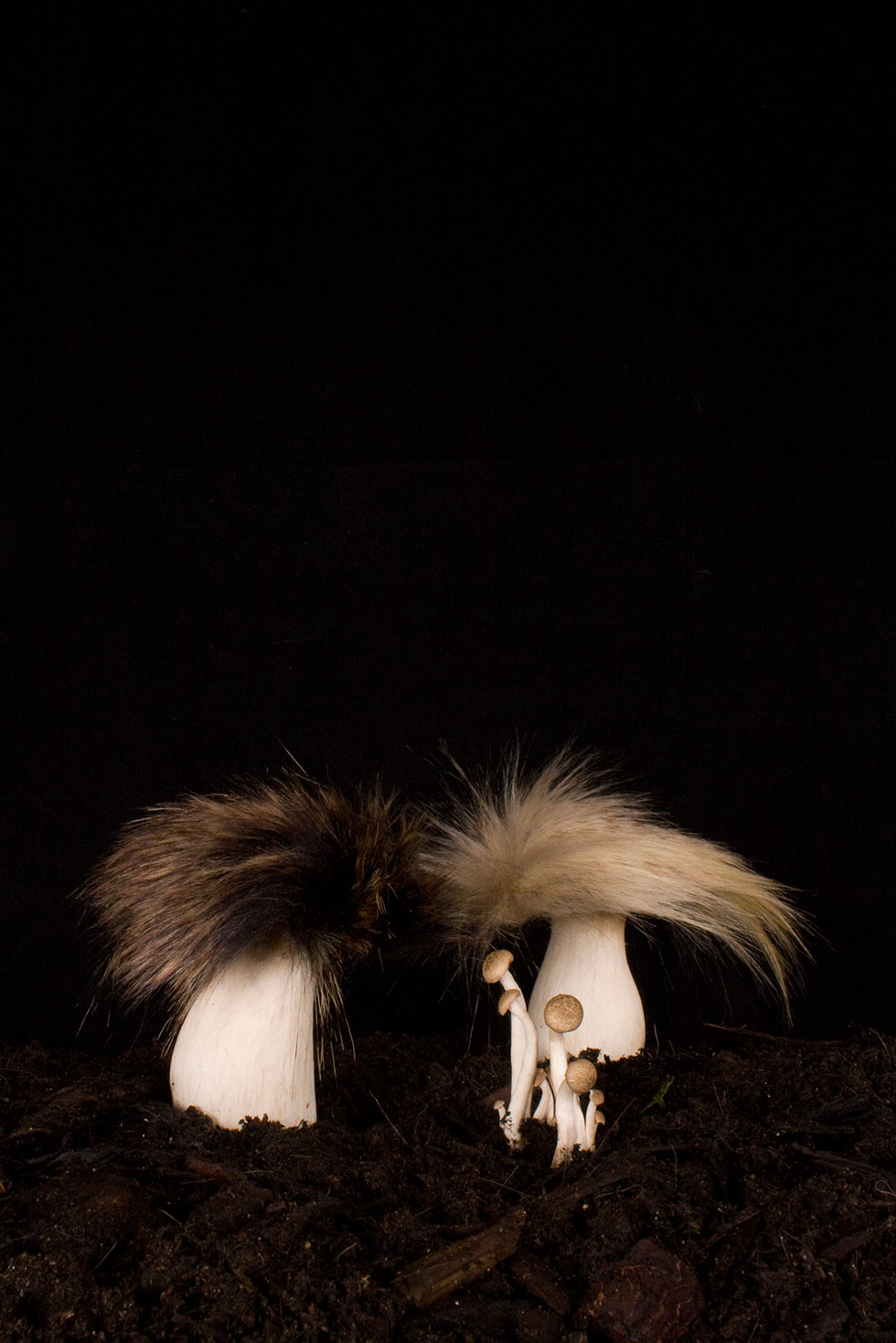Can synthetic biology help mitigate and adapt to global environmental challenges?
Carole Collet

We, as humans depend 100% on planet Earth to continue to evolve as a species. The very natural system we depend upon is under serious human-triggered and global threats, yet we are too distracted by short term thinking to face the long-term implications of our exploitative attitude towards the planet. And when we do try, we face the complexity of global politics and fail to reach impactful decisions. The recurrent inability of the climate change summits to help reach and implement effective action plans is one of but many examples. And we have seen the potent impact of extreme disruptive weather patterns around the world in the past decade. We are beginning to feel the consequences of the way we have devised toxic agricultural and manufacturing systems in the 20th century in our day-to-day lives. So we turn to the notion of resilience to explore how we can better adapt to a changing world. But in my view there is no point to foster a culture of resilience if it is detached from how we design, produce and dispose of the ‘stuff’ around us. There is a risk that we continue to think of us as detached from the health of Nature, and simply explore ways to adapt as opposed to ways to mitigate and reverse our negative impact on the planet. I believe that a culture of resilience cannot be detached from fostering a different approach to our material production and consumption.
‘… there is no point to foster a culture of resilience if it is detached from how we design, produce and dispose of the “stuff” around us.’
So how can we radically rethink the way we design and manufacture? By investigating how nature has developed resilient life strategies for the past 3.8 billion years, we can explore models of life evolution that can inform our future. For instance, a plant fabricates new leafs at ambient temperature with very few molecules and without endangering its neighbours, nor polluting the soil it depends upon to survive. There is a lot we can learn from biological systems, whether we attempt to imitate them or whether we develop co-working strategies with them. However in the quest to get close to fabricate like nature does, we have reached an unprecedented step in humankind. We have devised bio-technological tools to create and design new living species. With synthetic biology, we are developing a fast growing and competitive industry of computer generated living ‘factories’ that take the form of bacteria, algae and yeast customized to produce human-specific substances such as biofuel, medicine, vanilla or saffron flavours.
The synthetic biology community defends this new science by using a sustainable argument. In the light of a current energy intense and polluting manufacturing and agricultural models that devastate the planet, and in the context on the forthcoming 3 billion extra people expected in the next 20 years, the argument is that synthetic biology will extend the capacity of the planet to support us. It will do so by replacing current manufacturing and harvesting models with a new form of ‘synthetic Nature’ which will not outcompete with ‘natural Nature’ but release it from intense exploitation.
A simple example is that if yeast is reprogrammed to produce palm oil, we will not need to continue destroying Indonesia’s forests. The paradox here is that synthetic biology can help protect Nature by developing genetically engineered new species, which in turn could endanger nature itself if mismanaged. This technology can also cross the divides of our animal and vegetal worlds: ‘By reading and rewriting the gene codes of bacteria, plants, and animals … We start to turn cells, seeds, and animal embryos into the equivalent of floppy disks … Data sets that can be changed and rewritten to fulfill specific tasks. We start deliberately mixing and matching apples and oranges … Species … Plants and animals.’ Juan Enriquez, As the future catches you (2001).
‘The paradox here is that synthetic biology can help protect Nature by developing genetically engineered new species, which in turn could endanger nature itself if mismanaged.’
Is synthetic biology leading us to a form of ‘decadent’ resilience, one which is led by techno-scientific explorations? What are the alternatives, and do we actually have a choice?